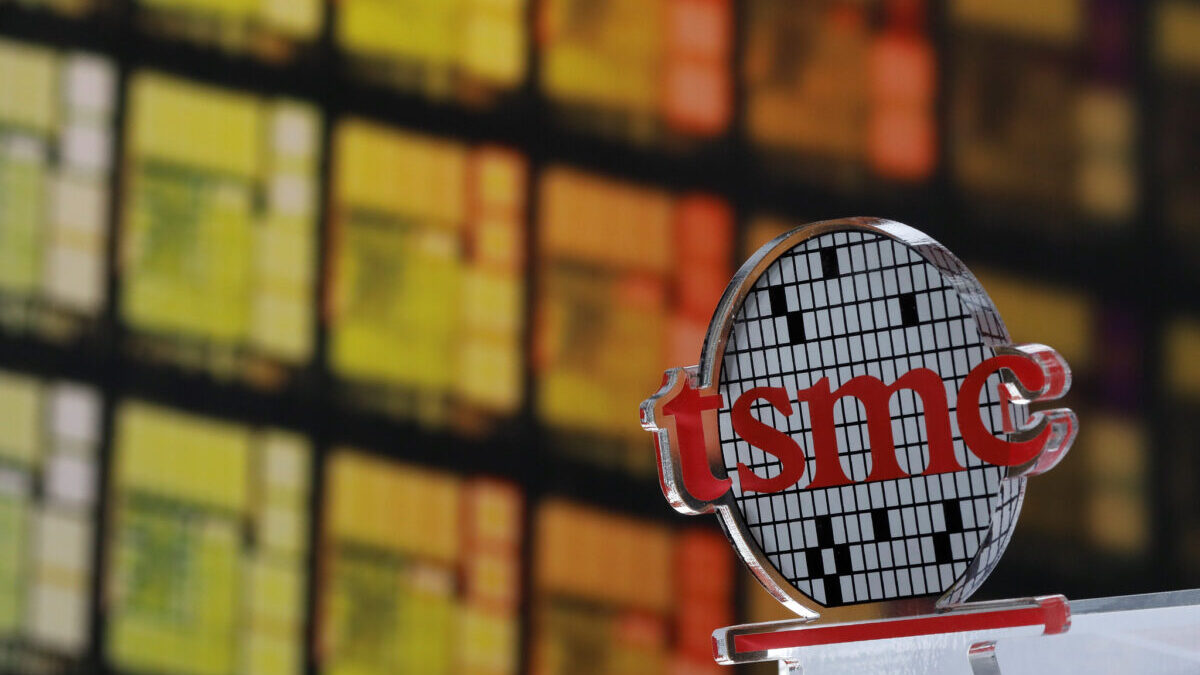
Americans are living through the 1970s all over again.
Race riots have returned with a vengeance, inner-city crime is once again the norm, runaway inflation has re-emerged as an economic antagonist, and embarrassing foreign policy failures have returned to humiliate a nation that exited another decades-long war as a loser. The same problems are confronted by new faces who govern with the same weaknesses as the liberal politicians from the 1970s. Only this time, the greatest geopolitical threat facing America comes from Red China, the successor to the Soviet Union and the world’s communist power broker armed with nuclear weapons. The looming threat of Beijing invading Taiwan, the world’s largest supplier of computer processors that make life possible in the 21st century, parallels the Soviets’ hovering over Middle Eastern oil supplies throughout the Cold War.
The 1973 Arab oil embargo exposed the Western world’s vulnerability and dependence on foreign energy. If Americans thought last summer’s record energy prices were bad (and they were), back in the day, drivers faced sticker shock at the pump when the cost of oil practically quadrupled overnight while gas stations were forced to ration. Gas lines and panic buying became routine throughout the Western world in the ’70s as resource reliance on unstable faraway regimes left consumers vulnerable to supply shocks. An even greater threat to global gas supplies came not from the Ayatollah, however, but from the Soviet Union.
Document leaks from the Central Intelligence Agency beginning in 1996 revealed the U.S. and Great Britain hatched plans to protect Middle Eastern oil supplies from a communist invasion throughout the 1950s and ’60s. Western powers even prepared to go nuclear to prevent Moscow from seizing the world’s oil fields. Such an invasion threatened to cripple the global economy with a Soviet grip on fuel.
One month before President Jimmy Carter announced the creation of the Energy Department in 1977, the CIA issued a memo warning of “The Impending Soviet Oil Crisis.”
“The Soviet oil industry is in trouble,” the memo read. “Soviet oil production will soon peak, possibly as early as next year and certainly not later than the early 1980s.”
The flailing Soviet oil industry at the time made a communist power grab over Middle Eastern fields just across the evil empire’s southern border all the more tempting.
Just as Presidents Carter and Ronald Reagan were forced to navigate complex foreign affairs with delicate supply chains, President Joe Biden is staring down the barrel of a Chinese invasion of Taiwan. Reunification of the 14,000 square mile island in the South China Sea has remained central to Beijing’s global agenda for decades as well as a legacy project for Chinese President Xi Jinping.
[RELATED: Why Xi Jinping’s Invasion Of Taiwan Is Inevitable But Not Imminent]
Taiwan is the world’s global supplier of high-end semiconductors. According to a recent report from the RAND Corporation, the production of this high-tech hardware establishing the foundation of the modern economy comes almost exclusively from the island of nearly 24 million people. With more than 90 percent of the world’s computer chips exported from Taiwan, Jason Matheny, the president of the RAND Corporation, described the East Asian inflection point as the “Achilles heel of the global economy” on “60 Minutes Australia.” Destruction of the few chip factories concentrated on a small strip of land, Matheny said, would result in a “global economic catastrophe.”
The Taiwanese computer chips are to Biden today what Middle East oil was to Carter in the ’70s. Just as the Arab oil embargo nearly brought the Western world to a halt, a Chinese invasion of Taiwan would be far worse, and that’s if a nuclear catastrophe were averted.









